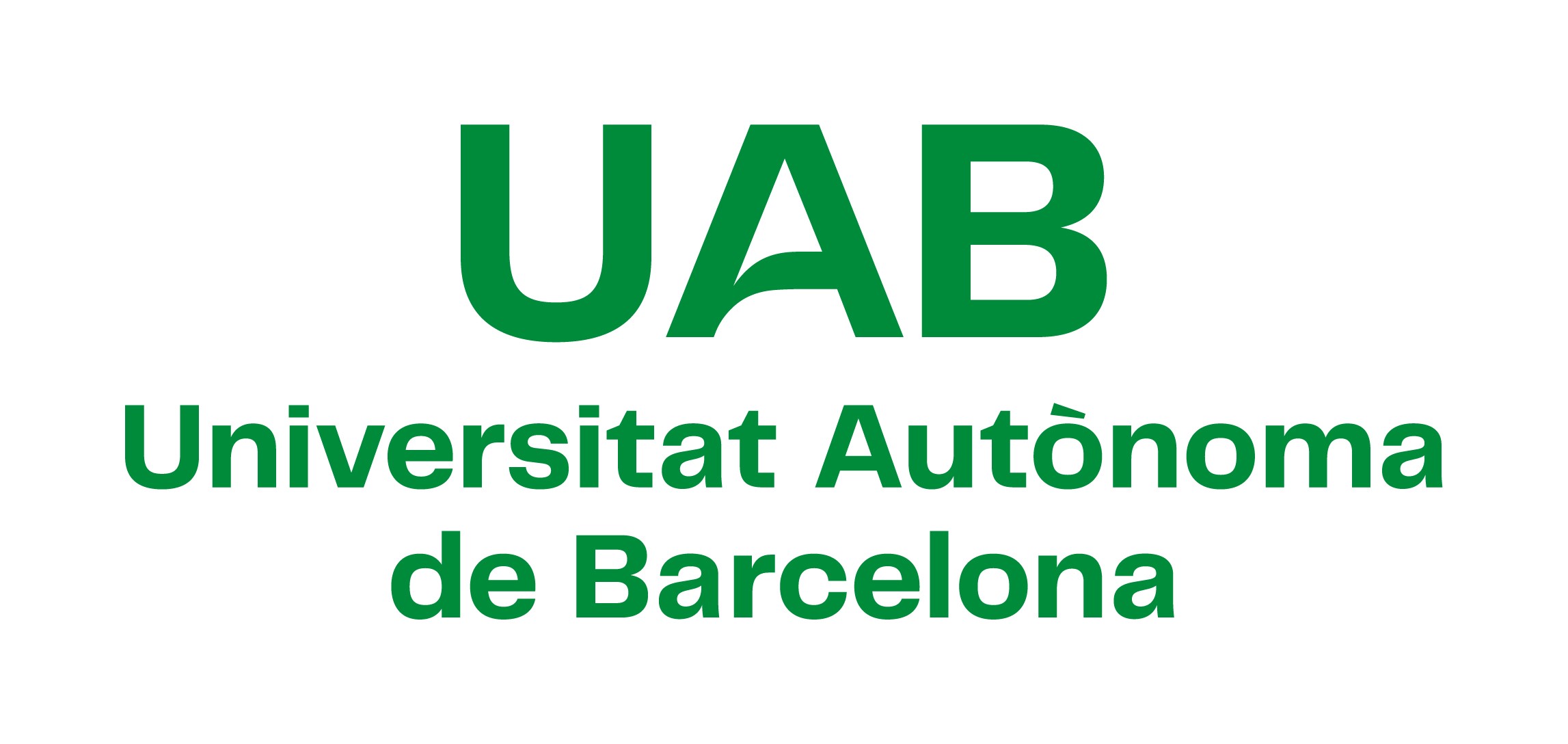News
Search results
Showing matches with:
ECHA postpones the decision on the approval of ethanol as a biocide until 2026
02 12 2025
The European Chemicals Agency postpones the decision on the approval of ethanol under the Biocidal Products Regulation (BPR) until 2026.

October 15, the Global Handwashing Day
14 10 2025
Good hand washing technique is important to prevent the spread of germs.

Summer is coming! Don't forget best practices!
09 06 2025
As the weather gets warmer, shorts and sandals become popular choices for outdoor activities. However, when working in a laboratory, it's crucial to wear appropriate attire to minimize the risk of injuries and exposure in the event of an accident.
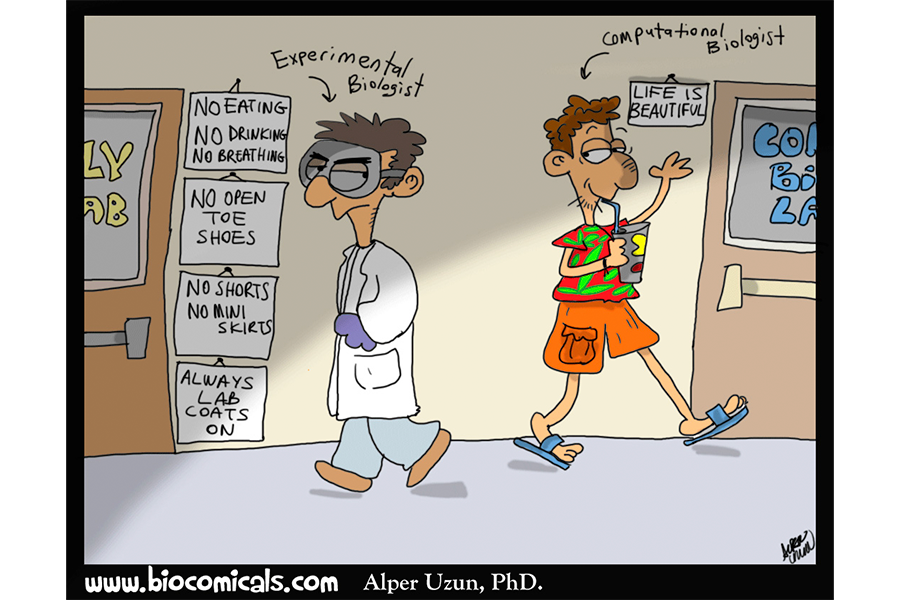
New source of natural antibiotics hidden within our own proteins identified
04 06 2025
A team of scientists led by the UAB has identified a new type of antimicrobial peptides (AMPs) found in human proteins that are capable of selectively eliminating multidrug-resistant bacteria, particularly of the gram-negative type, responsible for serious hospital acquired infections. The discovery, published in Molecular Systems Biology, could pave the way for more effective treatments against infections resistant to conventional antibiotics.
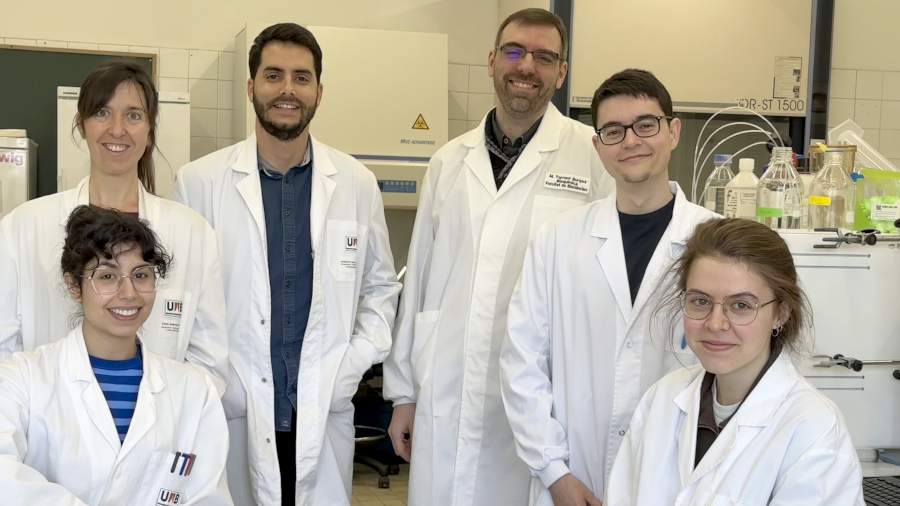
New edition of the course "Strategies in Biosafety and Biocontainment"
13 05 2025
The registration period for the Postgraduate Course "Strategies in Biosafety and Biocontainment" (14th edition). This course, organized by the Faculties of Biosciences and Veterinary Medicine, has the collaboration of IBC-UAB, IRTA-CReSA, CRAG and Hospital Clínic de Barcelona and is preferably aimed at technicians, lab managers, graduates and professionals in the biomedical, biotechnology, veterinary and agri-food sectors.

Klotho: a protein that promotes healthy aging and improves longevity
13 05 2025
An international study led by the Institut de Neurociències at the UAB (INc-UAB) has shown that increasing levels of the Klotho protein in mice extends lifespan and improves both physical and cognitive health when aging.
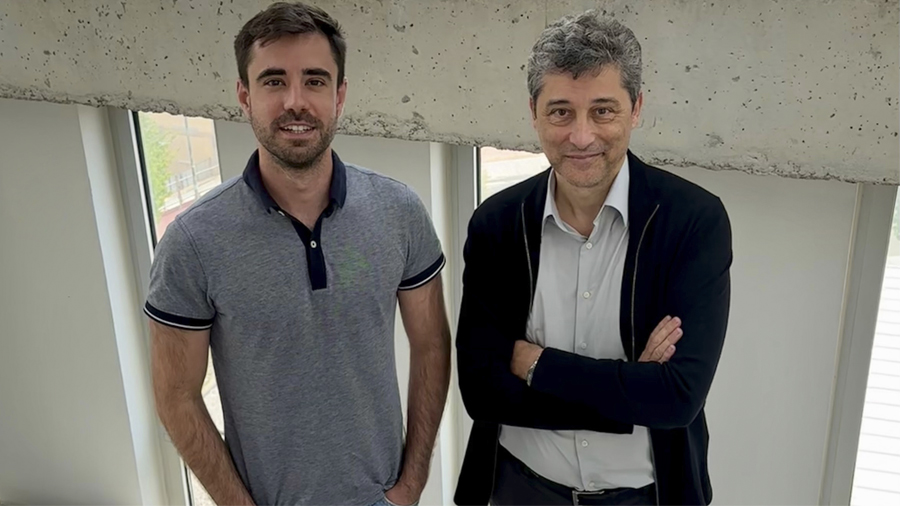
Common lung bacteria team up to evade immune defences
12 05 2025
A study led by the UAB and the IBEC has uncovered how co-infection by Pseudomonas aeruginosa and Mycobacterium abscessus, two common lung pathogens, can suppress immune responses and worsen outcomes in patients with respiratory diseases. The findings, published today in the journal Virulence, provide new insight into why polymicrobial infections are particularly difficult to treat and open the door to new therapeutic strategies.
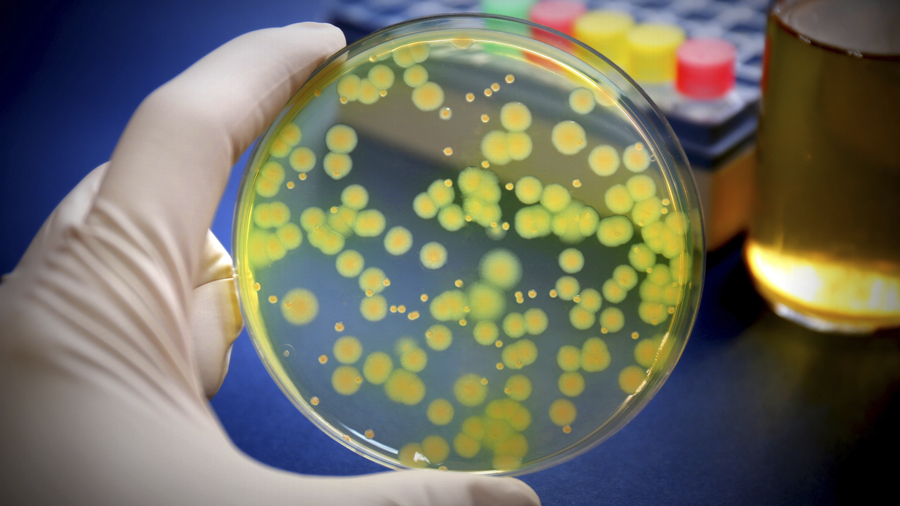
New Asian wasp queen trapping campaign
21 03 2025
The Department of Animal Biology, Plant Biology and Ecology has initiated a new campaign to detect and capture Asian wasp queens on campus. The campaign will last until the end of May.
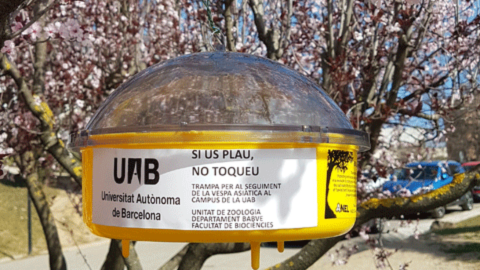
Tough spring forecast for allergy sufferers
13 03 2025
UAB researcher Jordina Belmonte, head of the Aerobiological Network of Catalonia (XAC) of ICTA-UAB and BABVE, together with Gaspar Dalmau, physician specialising in allergology and president of the Catalan Society of Allergology and Clinical Immunology (SCAIC), presented the forecast of allergenic pollen levels for this spring and the effects they will have on allergy sufferers.
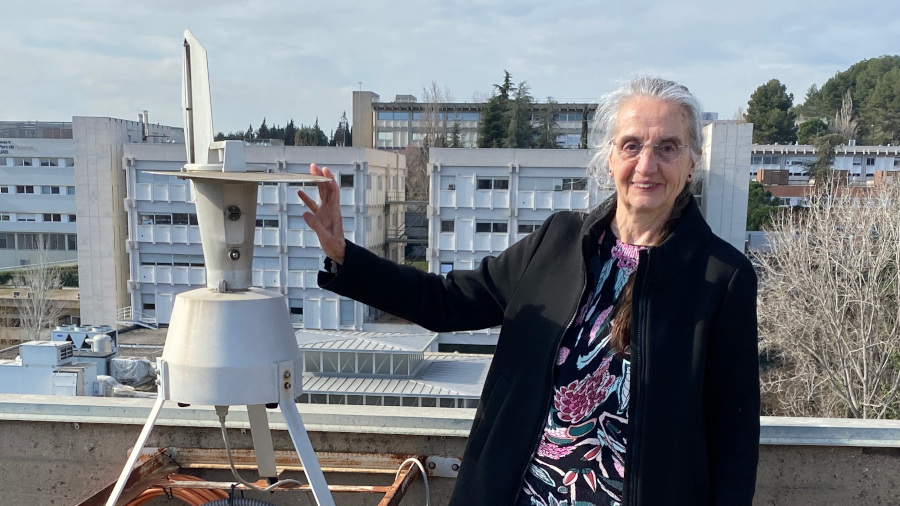
The UAB disables its account on the social network X
26 02 2025
The presence of the UAB in any of the social networks or communication channels of which it makes use does not in any way presuppose sharing the editorial line or other information contained in these networks or channels.
